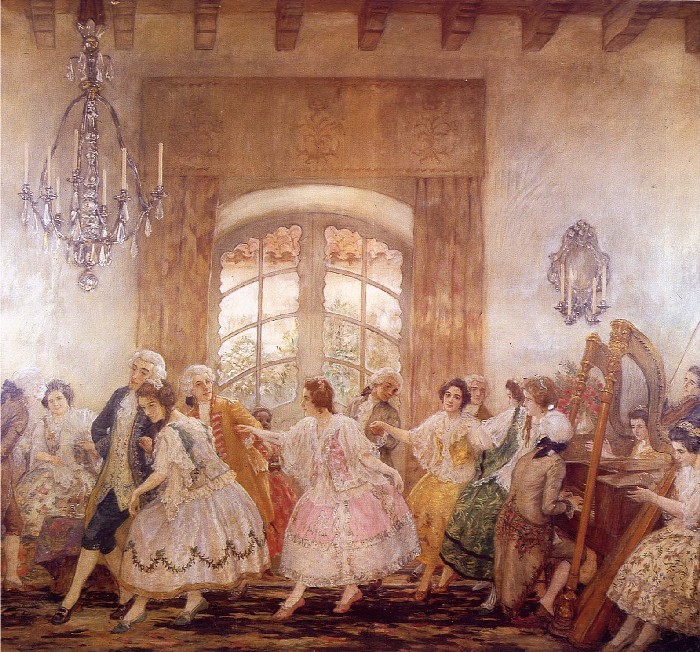|
Comisario De Naciones
In Colonial Chile, colonial and early republican Chile comisario de naciones was a government official that mediated between indigenous and the Spanish Crown, later authorities of the Republic of Chile replaced the Spanish in the mediation chain. The comisario de naciones would hear the concerns of local caciques and bring the issues to relevant authorities. Each comisario de naciones was charged with the oversight of various capitanes de amigos. Invitations to the parliaments held between the Royal Governor of Chile, Governor of Chile and indigenous authorities were granted by comisarios de naciones. In the mid-19th century the functions of the comisario de naciones begun to be overtaken by ordinary judges. This put Huilliche people, Huilliche of Futahuillimapu in great disadvantage as their lands were coveted by non-indigenous Chileans and German colonization of Valdivia, Osorno and Llanquihue, German settlers and the ordinary judges had scant knowledge of indigenous properties a ... [...More Info...] [...Related Items...] OR: [Wikipedia] [Google] [Baidu] |
Colonial Chile
In Chilean historiography, Colonial Chile ( es, link=no, La colonia) is the period from 1600 to 1810, beginning with the Destruction of the Seven Cities and ending with the onset of the Chilean War of Independence. During this time, the Chilean heartland was ruled by Captaincy General of Chile. The period was characterized by a lengthy conflict between Spaniards and native Mapuches known as the Arauco War. Colonial society was divided in distinct groups including Peninsulars, Criollos, Mestizos, Indians and Black people. Relative to other Spanish colonies, Chile was a "poor and dangerous" place. Society Societal groups The Chilean colonial society was based on a caste system. Local of criollos (American born Spaniards) enjoyed privileges such as the ownership of encomiendas (Indian labour jurisdictions). Moreover, they were allowed to access some public charges like corregidor or alférez. Mestizos initially made up a small group. In time, they made up the bulk of Chi ... [...More Info...] [...Related Items...] OR: [Wikipedia] [Google] [Baidu] |
